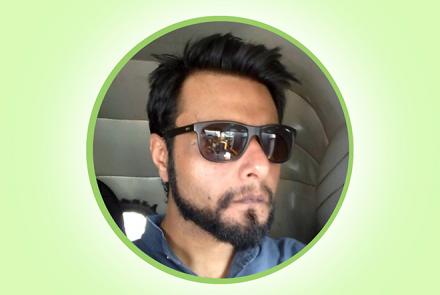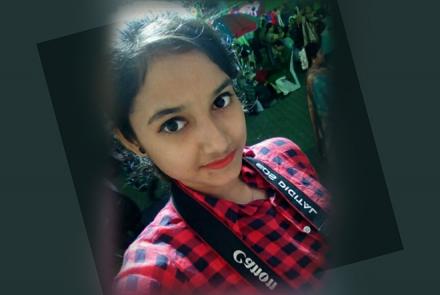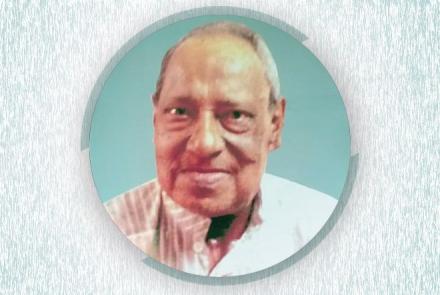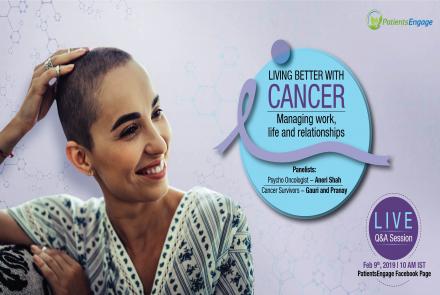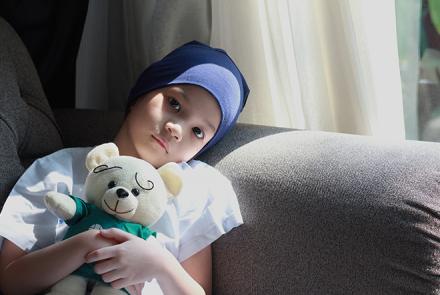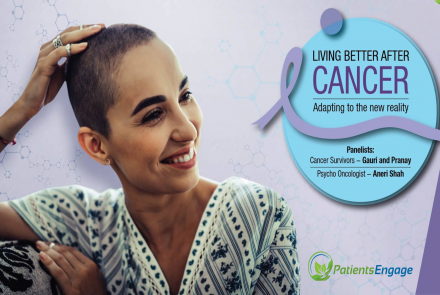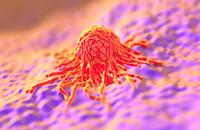
Cancer is a group of diseases characterised by out-of-control cell growth. There are more than 100 different types of cancer. The cancer is named after the area of the body or organ where it originates. For example, if the cancer starts in the breast and spreads elsewhere, it is still called breast cancer.
Cancer occurs when the body’s normal cell division and regeneration process goes awry. Normal cells in the body follow a sequence of events - growth, division and death. This programmed cell death is called apoptosis. In cancer, this process breaks down and cells do not experience programmed death. This leads to out-of-control cell growth and division to form a mass of abnormal cells, ie, a tumour.
All tumours are not cancerous and all cancers do not form tumours. One example is leukaemia, which is cancer of the bone marrow.
Tumours can be categorised as:
- Benign tumour
- Malignant tumour
Tumours are called benign when they remain localised. Benign tumors are not cancerous and cells from such tumours do not spread to other parts of the body. Benign tumours are easy to remove by local surgery.
Malignant tumours are cancerous and grow faster than benign tumours. They can invade and destroy adjacent structures and spread to distant sites. The spreading of cancer is called metastasis.
Cancer cells spread because they do not make the substance that normal cells secrete to make them stick together. Thus, cancer cells float through the blood stream or lymphatic system to affect other parts of the body. This is called metastatic cancer, ie, cancer that has spread from its place of origin to affect another part of the body. However, the name of the cancer remains the same. If breast cancer spreads to the liver, it is metastatic breast cancer, not liver cancer.


